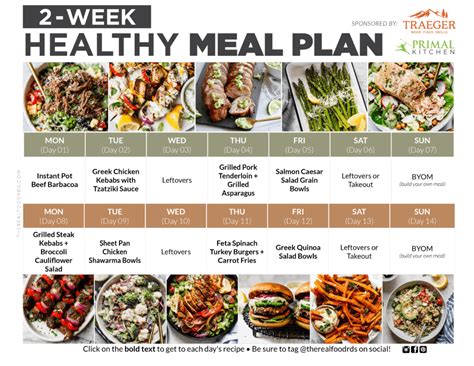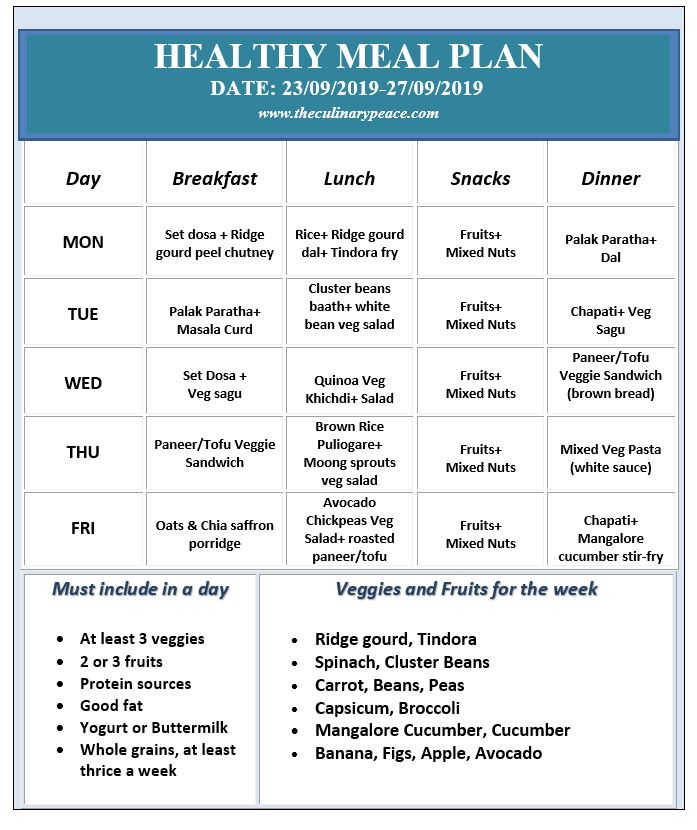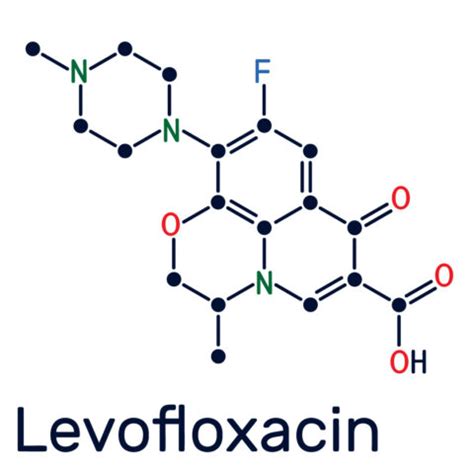How To Eat Healthy Foods? Daily Meal Plans

Eating healthy foods is essential for maintaining overall health and well-being. A well-balanced diet provides the body with the necessary nutrients, vitamins, and minerals to function properly. With so many food options available, it can be challenging to know where to start. In this article, we will explore the importance of eating healthy foods, provide daily meal plans, and offer tips on how to make healthy eating a sustainable lifestyle choice.
Understanding the Importance of Healthy Eating
Healthy eating is not just about consuming foods that are low in calories or fat. It’s about providing the body with the necessary nutrients to function optimally. A diet rich in whole foods, such as fruits, vegetables, whole grains, lean proteins, and healthy fats, can help to:
- Support healthy weight management
- Reduce the risk of chronic diseases, such as heart disease, diabetes, and certain types of cancer
- Improve energy levels and mental performance
- Support healthy bones and teeth
- Promote healthy skin, hair, and nails
Daily Meal Plans
Creating a daily meal plan can help to ensure that you are getting the necessary nutrients to support overall health. Here are some sample meal plans that incorporate a variety of healthy foods:
Breakfast Options
- Monday: Overnight oats with fruit and nuts
- Tuesday: Scrambled eggs with whole grain toast and avocado
- Wednesday: Greek yogurt with berries and granola
- Thursday: Smoothie bowl with spinach, banana, and almond milk
- Friday: Whole grain waffles with fresh berries and yogurt
Lunch Options
- Monday: Grilled chicken breast with roasted vegetables and quinoa
- Tuesday: Whole grain pita with hummus, cucumber, and tomato
- Wednesday: Lentil soup with whole grain bread and a side salad
- Thursday: Grilled salmon with brown rice and steamed broccoli
- Friday: Chicken Caesar salad with whole grain croutons and a light dressing
Dinner Options
- Monday: Grilled turkey breast with roasted sweet potatoes and green beans
- Tuesday: Baked chicken thighs with quinoa and steamed asparagus
- Wednesday: Slow cooker chili with whole grain crackers and a side salad
- Thursday: Grilled shrimp with brown rice and sautéed spinach
- Friday: Baked cod with roasted Brussels sprouts and sweet potatoes
Tips for Healthy Eating
- Focus on whole foods: Prioritize whole, unprocessed foods, such as fruits, vegetables, whole grains, lean proteins, and healthy fats.
- Hydrate adequately: Drink plenty of water throughout the day to stay hydrated and support overall health.
- Limit processed foods: Try to limit or avoid processed foods, such as sugary snacks, frozen meals, and packaged desserts.
- Cook at home: Cooking at home allows you to control the ingredients and portion sizes of your meals.
- Be mindful of portion sizes: Pay attention to the serving sizes of your meals and snacks to avoid overeating.
- Incorporate a variety of colors: Aim to include a variety of colorful foods in your diet to ensure that you are getting a range of nutrients.
Healthy eating is not just about the foods you eat, but also about the habits you develop. By creating a daily meal plan and incorporating healthy eating tips, you can set yourself up for success and make healthy eating a sustainable lifestyle choice.
Common Myths About Healthy Eating
- Myth: Healthy eating is expensive: Reality: While some healthy foods may be more expensive, many whole foods, such as beans, lentils, and oats, are affordable and nutritious.
- Myth: Healthy eating is time-consuming: Reality: With a little planning and preparation, healthy eating can be quick and easy.
- Myth: Healthy eating means cutting out all treats: Reality: Healthy eating is about balance and moderation. Allowing yourself the occasional treat can help to make healthy eating a sustainable lifestyle choice.
Pros and Cons of Popular Diets
| Diet | Pros | Cons |
|---|---|---|
| Keto Diet | Weight loss, improved blood sugar control | Restrictive, may be difficult to follow long-term |
| Vegan Diet | High in fiber, low in saturated fat | May be low in certain nutrients, such as vitamin B12 |
| Mediterranean Diet | High in fruits and vegetables, whole grains | May be high in calories, if not portioned correctly |

FAQs
What is the best way to ensure I am getting enough nutrients?
+Consulting with a registered dietitian or healthcare professional can help to ensure that you are getting enough nutrients. They can help to create a personalized meal plan that meets your individual needs.
How can I make healthy eating a sustainable lifestyle choice?
+Creating a daily meal plan, cooking at home, and incorporating a variety of whole foods can help to make healthy eating a sustainable lifestyle choice. Additionally, allowing yourself the occasional treat and being mindful of portion sizes can help to make healthy eating more enjoyable and sustainable.
What are some healthy snack options?
+Some healthy snack options include fruits, nuts, carrot sticks with hummus, and energy balls made with oats and nuts.
In conclusion, eating healthy foods is essential for maintaining overall health and well-being. By creating a daily meal plan, incorporating healthy eating tips, and being mindful of portion sizes, you can set yourself up for success and make healthy eating a sustainable lifestyle choice. Remember to focus on whole foods, hydrate adequately, and limit processed foods to support overall health. With a little planning and preparation, healthy eating can be quick, easy, and enjoyable.



